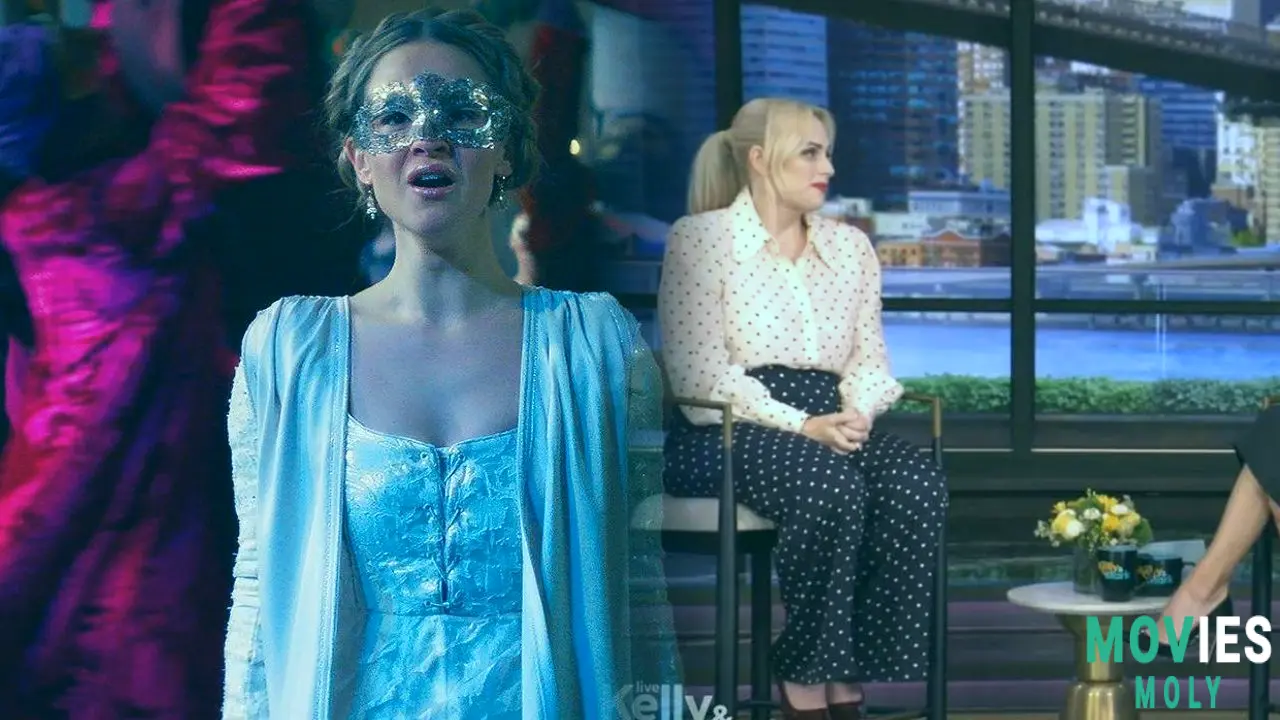In a world still chasing the energy of Baz Luhrmann’s Romeo + Juliet, Juliet & Romeo steps in with a modern twist — one that swaps Shakespeare’s poetry for pop tracks and ballads. The result? A visually striking, musically saturated retelling that rarely lands emotionally or narratively.
Pop Songs Replace Poetry In A Renaissance-Mall VeronaWriter-director Timothy Scott Bogart reimagines the Bard’s most famous love story as a Pop Musical filled with original songs from Evan “Kidd” Bogart and Justin Gray. The setting is a fanciful blend of medieval and modern — think sword fights in a mall-inspired Verona. The plot follows the familiar beats: two feuding families, a forbidden romance, and a spiraling chain of events that leads to tragedy. But the delivery plays it safe, aiming squarely at a teenage audience with more glitter than grit.
Juliet (Clara Rugaard) returns from boarding school to a world she doesn’t understand. Romeo (Jamie Ward) drifts between rebellion and romance. Their love ignites quickly, and not always believably. Rugaard and Ward offer moments of sincerity, but the script rarely gives them space to breathe beyond the next song sequence.
A Star-Studded Cast Can't Rescue Hollow Heroics
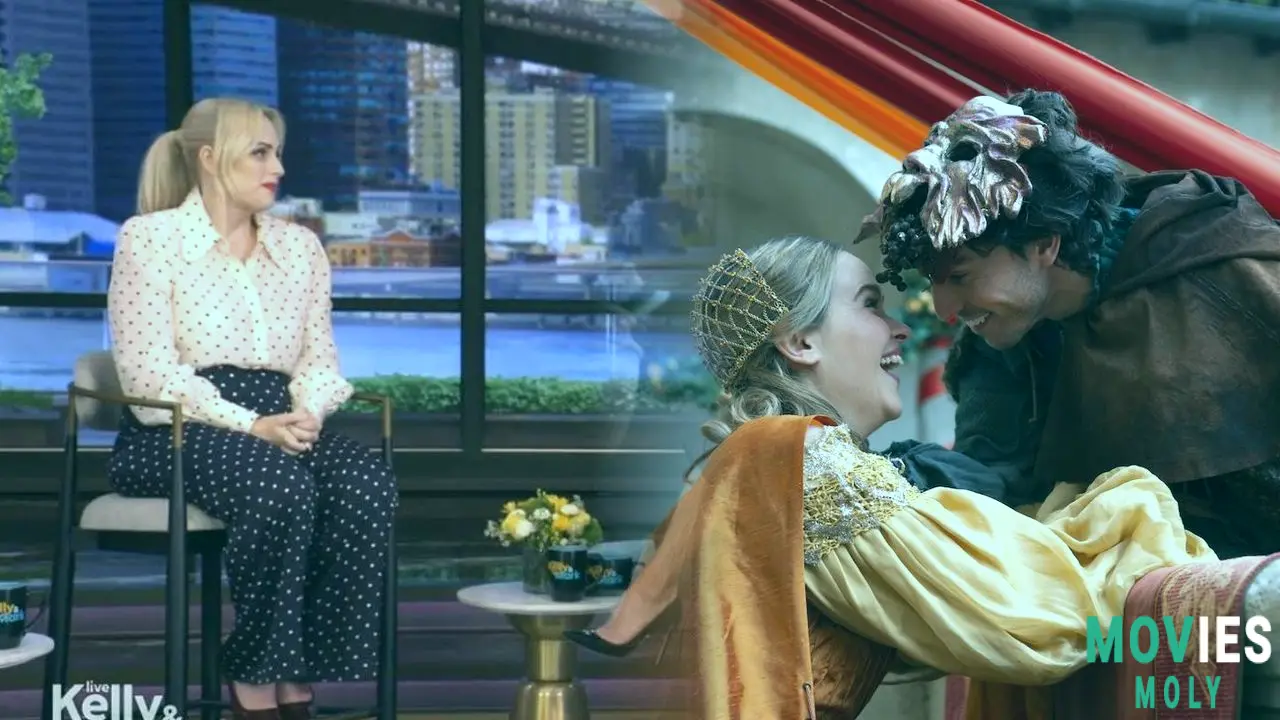
Featuring Rebel Wilson, Jason Isaacs, Rupert Everett, Dan Fogler, and Sir Derek Jacobi, the cast is one of the film’s few solid selling points. Wilson’s Lady Capulet delivers a catchy (if misplaced) empowerment anthem, and Fogler’s Apothecary gets a campy comic number that feels more like padding than plot. Jacobi, ever the professional, lends gravitas to the role of Friar, even when the material has him improvising for a pop audience.
Most of the adult performances seem unsure of the tone, wavering between serious and self-aware. The Floats like a production designer Dante Ferretti’s sets, which are lush and immersive, but can’t cover for a script that treats Shakespearean tragedy like a theme-park ride.
Musical Numbers That Prioritize Energy Over Emotion
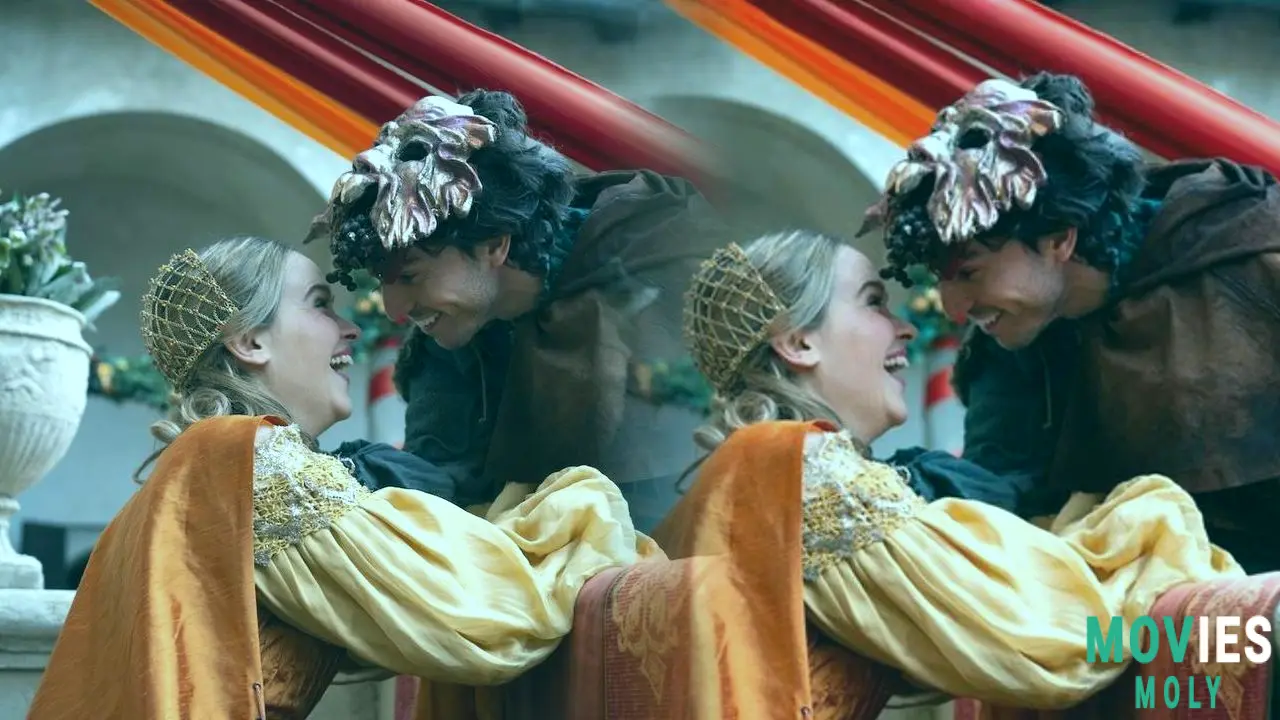
The original pop songs are omnipresent. They don’t just punctuate the scenes — they carry them. Lyrics like Juliet’s “Why do they always call it falling in love / When the last thing you’d ever want to do is fall?” aim for relatability but land in the realm of cliché. The choreography is often cut up in editing, robbing the sequences of momentum and making them feel disjointed.
There are a few visually clever moments — like a lovers’ plunge into hay during a duet about falling in love — but they're few and far between. The music wants to express what the dialogue can’t, and it doesn't always succeed. It’s a soundtrack searching for emotional peaks that never quite arrive.
Narrative Missteps Undermine Even The Most Iconic Moments
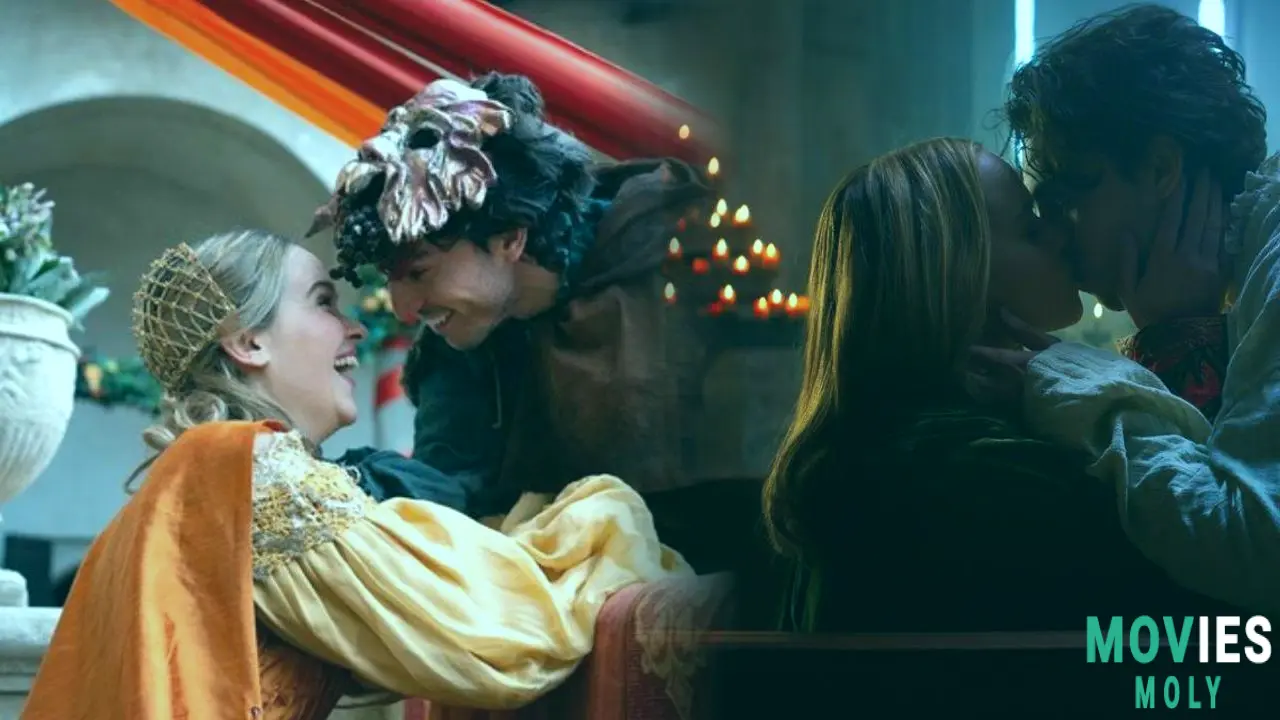
Bogart takes liberties with the original storyline, rearranging events and altering key plot points. Romeo and Juliet marry earlier than in the play, and the ending is tweaked in a way that feels more like a tease for sequels than a meaningful conclusion. The decision to let the lovers survive their supposed tragedy isn't just a spoiler — it's a thematic shift that turns the story into something else entirely.
Supporting characters like Rosaline, the Nurse, and Paris are given little to do but sing. Their motivations are unclear, and their presence often feels like filling space. Mercutio (Nicholas Podany) adds some energy, but even he can’t escape the script’s need to prioritize style over substance.
Who Is This Film For? And Does It Even Know?
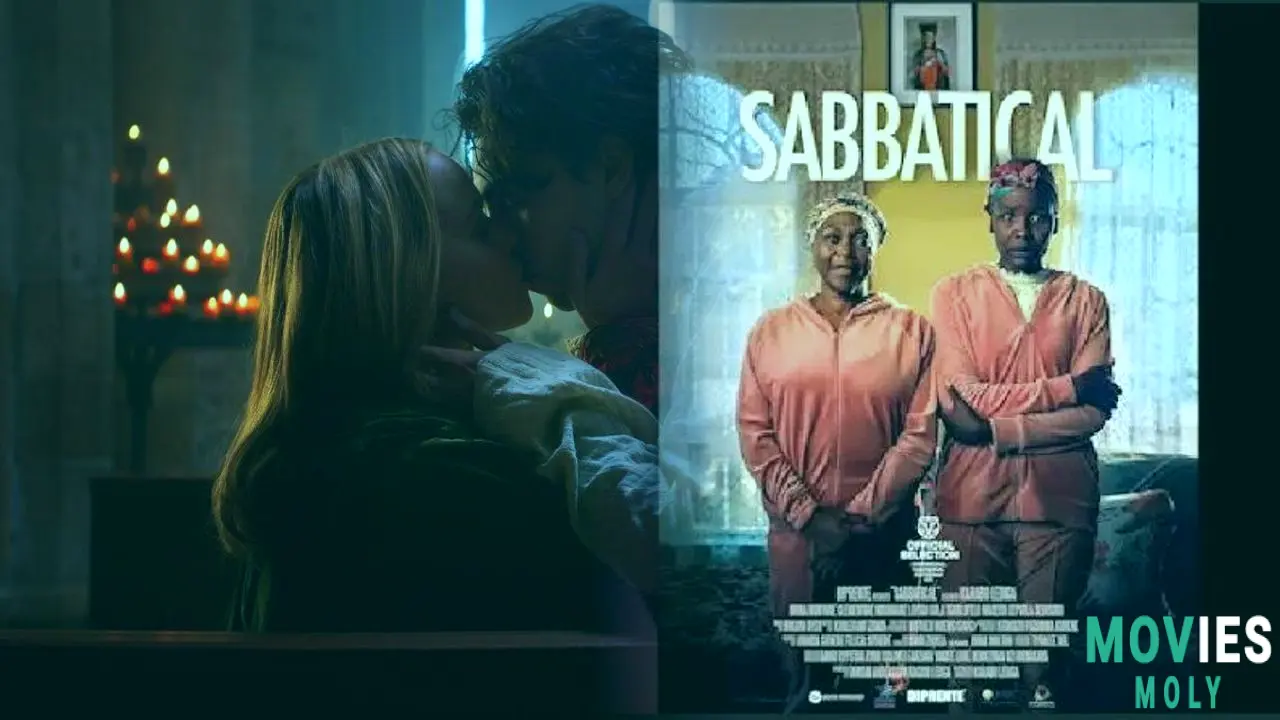
Juliet & Romeo seems torn between being a teenage fantasy and a theatrical experiment. It wants to make Shakespeare accessible, but in doing so, it strips away much of what made the original play resonate. The iambic pentameter is gone, replaced by a string of pop metaphors and emotional shorthand.
It's not that young audiences can't handle complex themes — it's that this film underestimates them by offering a flashy package with little inside. Parents and educators hoping this will be a fun gateway to Shakespeare might be disappointed. Students looking for something cool might find it cringey. Everyone else will likely find it middling at best.
A Pop Musical That's More About Image Than Impact
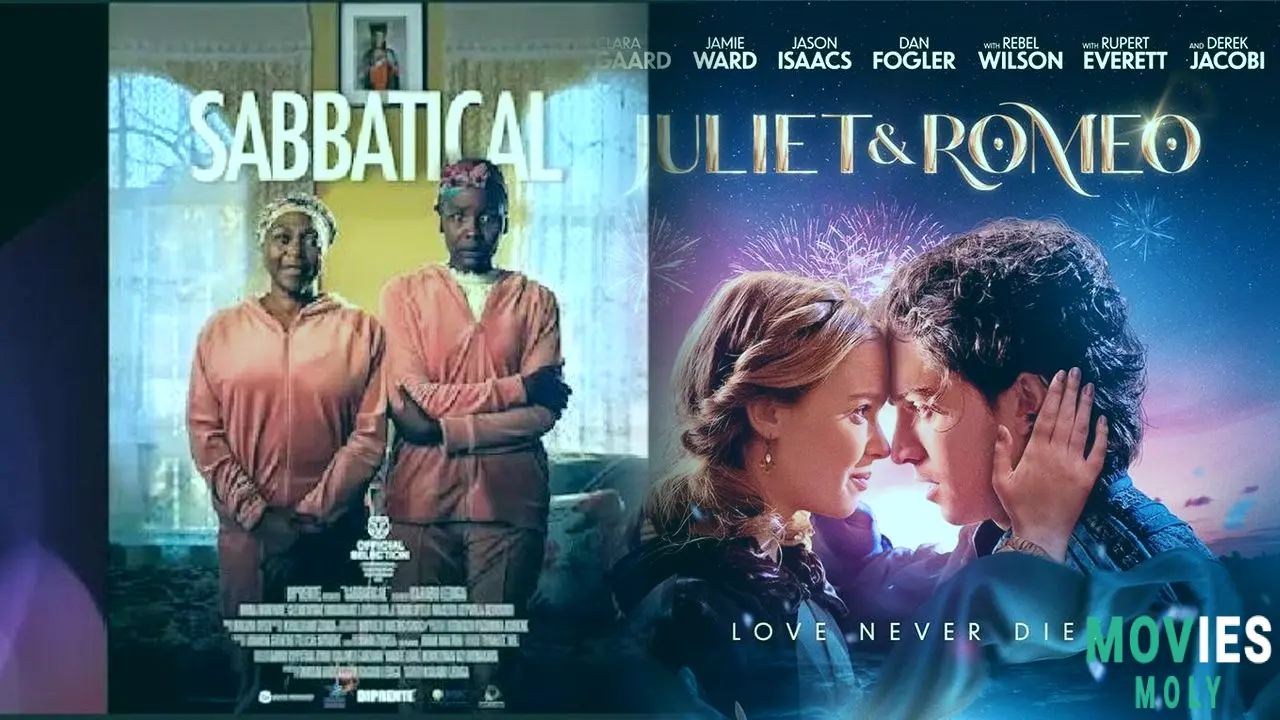
There’s a creative spark in the idea of using pop music to express Shakespearean emotion. We've seen it work on stage with shows like Romeo and Juliet starring Tom Holland or the Jack Antonoff-powered Learn to Drive. But Juliet & Romeo doesn’t quite catch that lightning. Instead, it drifts into the territory of commercial cosplay — dressed up, energetic, but ultimately surface-level.
This is not the Juliet & Romeo that reinvents the Bard. It’s the one that dances around him in a costume of autotune and adolescent longing. A harmless experiment, maybe. But one that doesn't sing its heart out strongly enough to be memorable.

